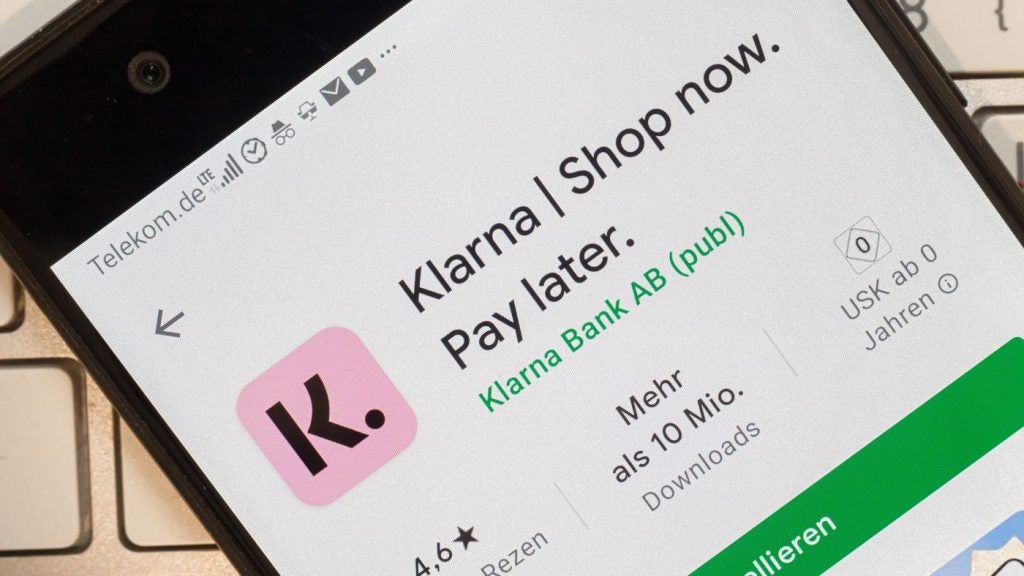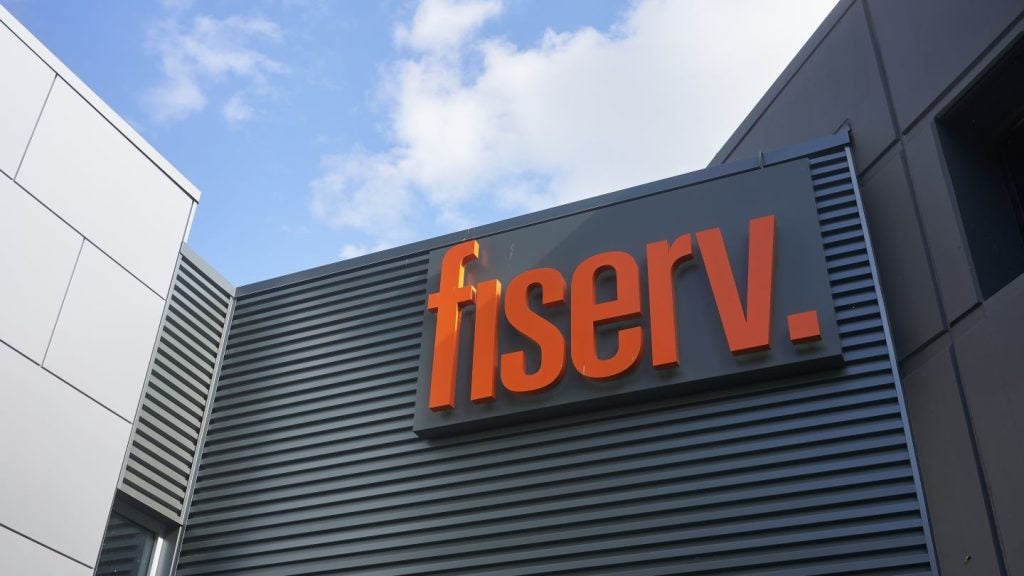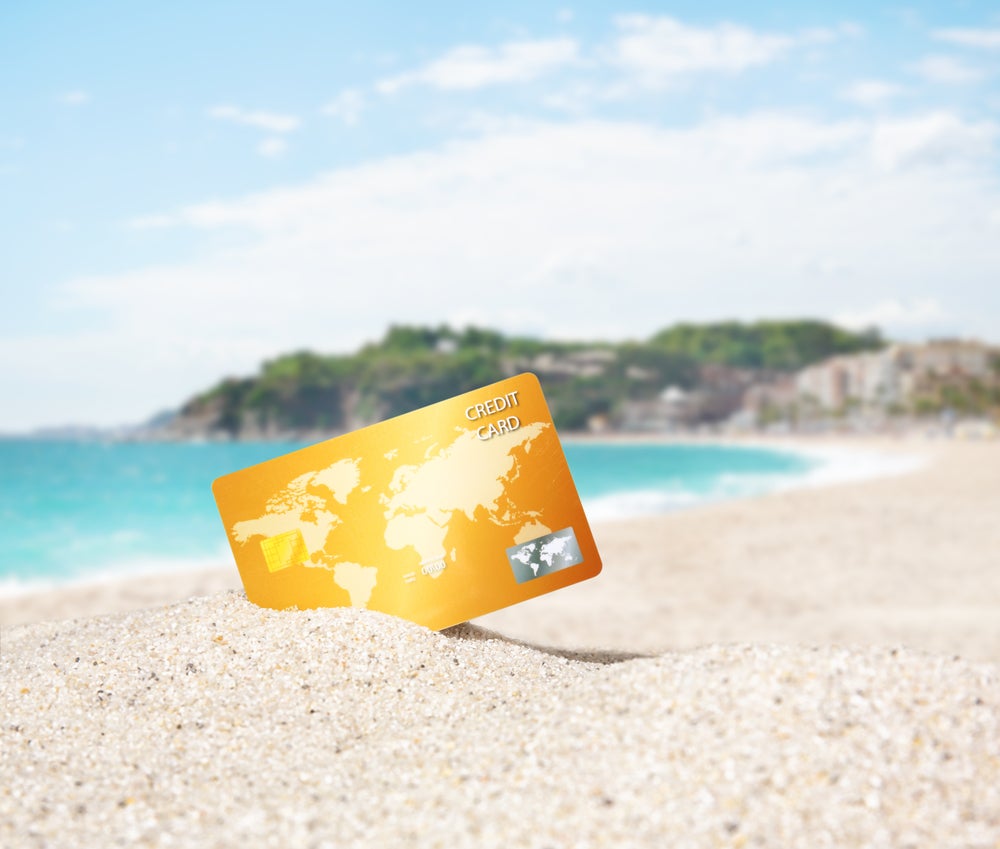card issuer in Germany, and has leveraged its market strength to
drive innovation through co-branding and prepaid as part of its
strategy to exend its reach to different demographics.
Truong Mellor reports.
Landesbank Berlin (LBB) is the regional market leader through its
Berliner Sparkasse and Berliner Bank brands, and has a market share
of close to 50 percent of customers in the Berlin area. It is the
market leader in the German credit card business overall, with over
1.6 million cards issued. Although the credit card industry in
Germany is not particularly strong for such an affluent country,
over the past few years LBB has been able to grow its cards
business respectably through a number of innovative products and
co-branding measures.
LBB’s credit card business last year was robust. In 2002, the
bank’s management adopted a strategy of strengthening its retail
customer relationships and was able to make the most of
cross-selling opportunities from its core customer base. Its
national ambitions were scaled down somewhat as management decided
to place more emphasis on its strong regional capabilities.
A crucial element of this approach was a substantial development in
the retail banking sector of credit cards with co-branding or
white-label branding, an area in which LBB had the experience and
infrastructure to perform well. The bank also developed strong
credit evaluation and monitoring systems, and by utilising the
technical knowledge gained from its card operations, LBB has
expanded its consumer lending operations to include POS lending for
household durables.
Successful co-branding
Through successful co-branding schemes with institutions such as
European automobile club ADAC, online retailer Amazon Deutschland
and Air Berlin, LBB has firmly established itself as a leading card
issuer in Germany. Of its 1.6 million cards issued, approximately
1.4 million are co-branded products. In 2006 its 1 millionth credit
card was issued. The LBB card in conjunction with Air Berlin allows
the customer to collect Air Miles as well as make non-cash payments
for goods and services with MasterCard-registered companies; this
credit/debit card hybrid is the first of its kind in Germany.
How well do you really know your competitors?
Access the most comprehensive Company Profiles on the market, powered by GlobalData. Save hours of research. Gain competitive edge.

Thank you!
Your download email will arrive shortly
Not ready to buy yet? Download a free sample
We are confident about the unique quality of our Company Profiles. However, we want you to make the most beneficial decision for your business, so we offer a free sample that you can download by submitting the below form
By GlobalDataThe Amazon.de credit card was launched in November 2006. It is an
online-only service that lets customers purchase goods from the
website, and features a strong loyalty rewards programme. Within
eight months of the launch, LBB had issued 100,000 cards.
LBB is also focusing on marketing its card products towards younger
Germans. This is particularly noticeable in LBB’s prepaid business,
which is primarily targeted at young adults with a low credit
score, or minors who are forbidden by law to have credit. At
present, there are only 65,000 prepaid cards, but according to Tilo
Schürer, head of marketing for LBB, it is the bank’s
fastest-growing card segment.
In August 2005, the bank launched several products in conjunction
with Microsoft. The cards were branded with Microsoft’s Xbox game
console, and they ranged from an online-only prepaid card and a
credit card for young adults with a low spending limit, to a
premium credit card with a standard threshold. Last year, LBB took
another step towards broadening its card portfolio by launching
co-branded cards with numerous companies such as online service
provider AOL, a virtual community named Habbo Hotel, and Universal
Music Germany.
Alongside its prepaid range of products, gift cards have been an
area of solid growth for LBB. Although these cards are relatively
new to the German market, LBB has been quick to capitalise on their
potential, pointing to their one-time set-up fees and value-added
services such as personal designs and messages as consistent
revenue drivers. One notable product in the gift card portfolio is
the My Shopping Card range. These MasterCard-authorised gift cards
are available with four loadable values ranging from €100 to
€1,000, and can be used at more than 1,500 retailers in 31
different ECE shopping centres around Germany.
New wave of customers
Prepaid and gift cards have shown enormous potential in the last
few years; LBB reports that both these sectors have achieved
triple-digit growth since 2005. One other key factor of this market
is that the products require an innovative push from the issuer to
make them appealing to a new wave of consumers. As such, prepaid
products have introduced LBB to new customer sectors.
The opportunity for up-selling and creating brand loyalty among a
younger set of customers is one on which the bank is eager to
capitalise.








